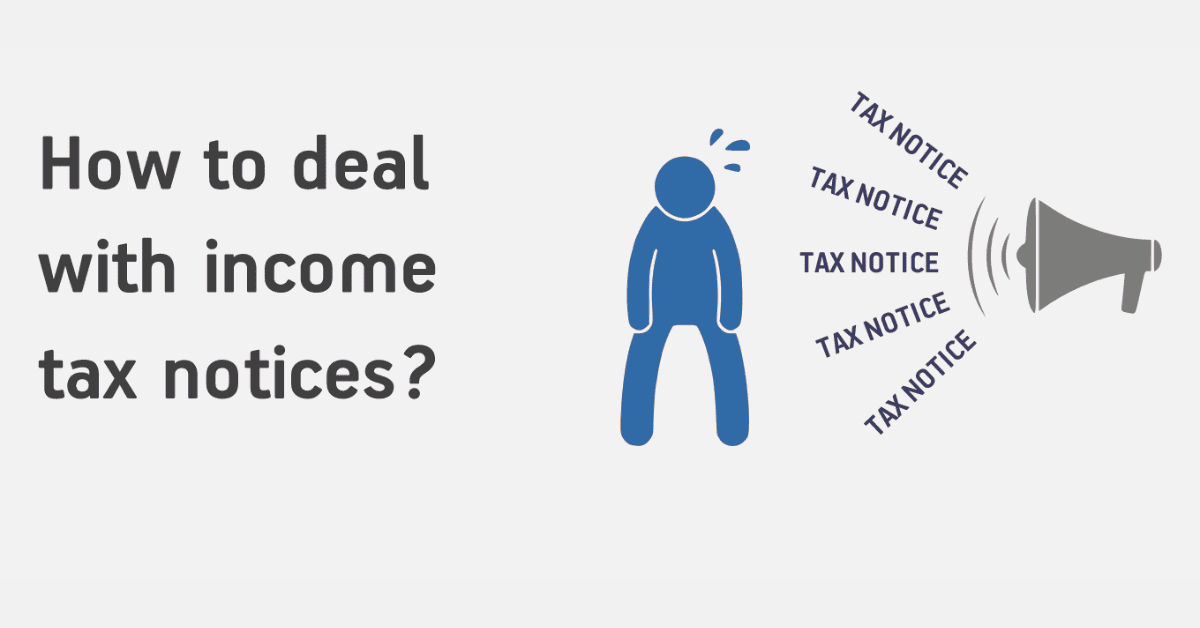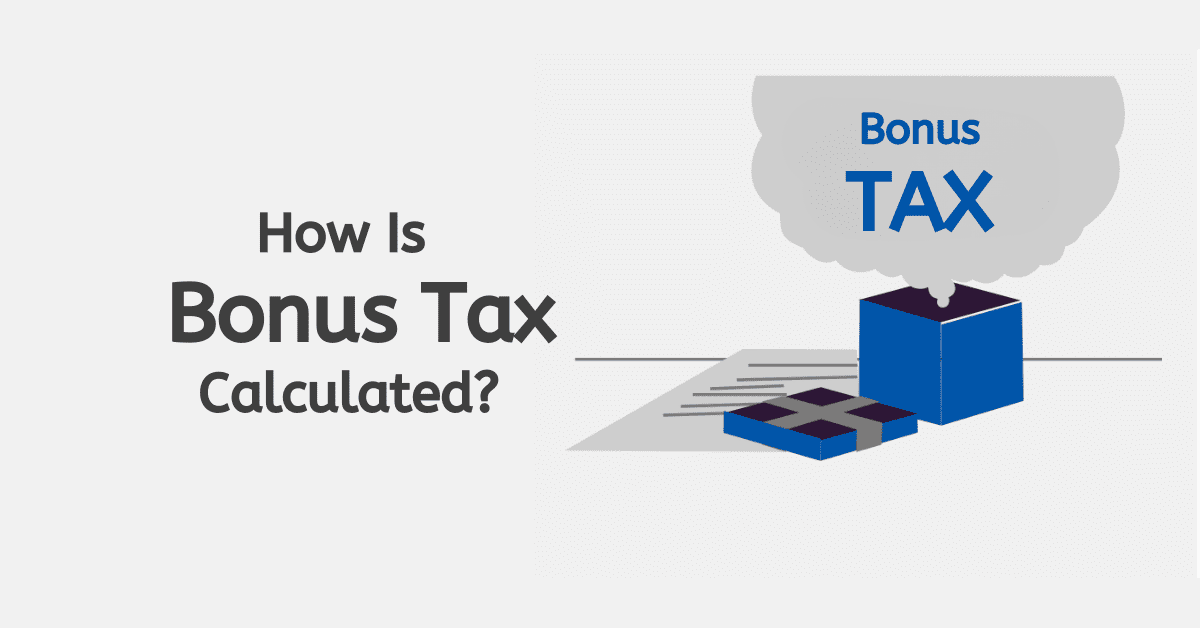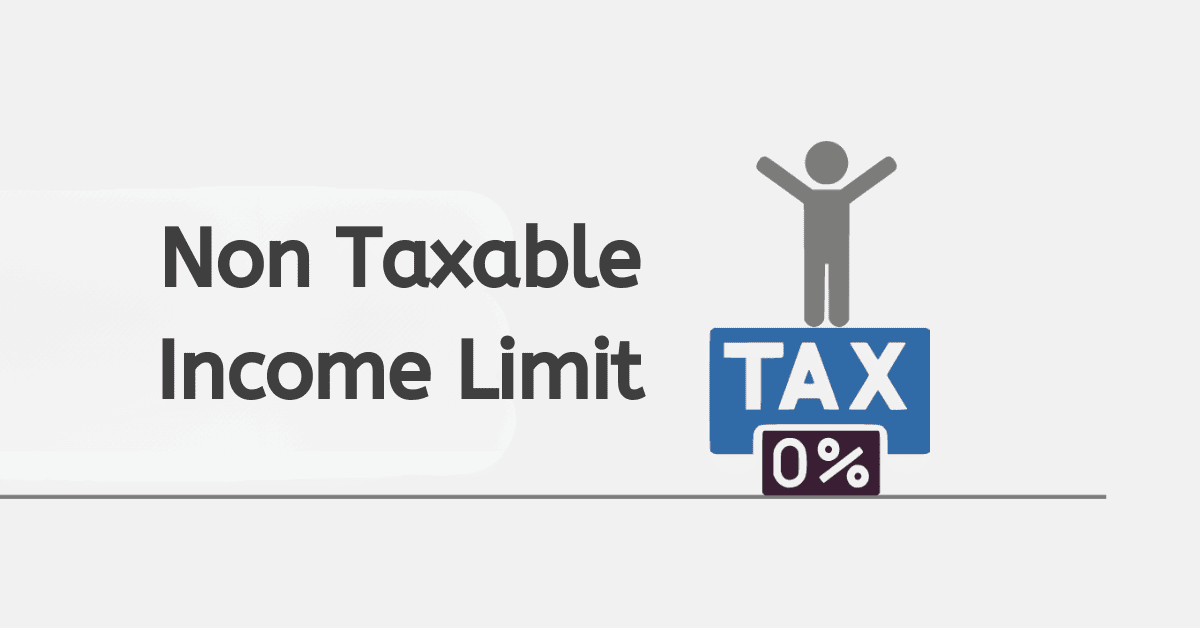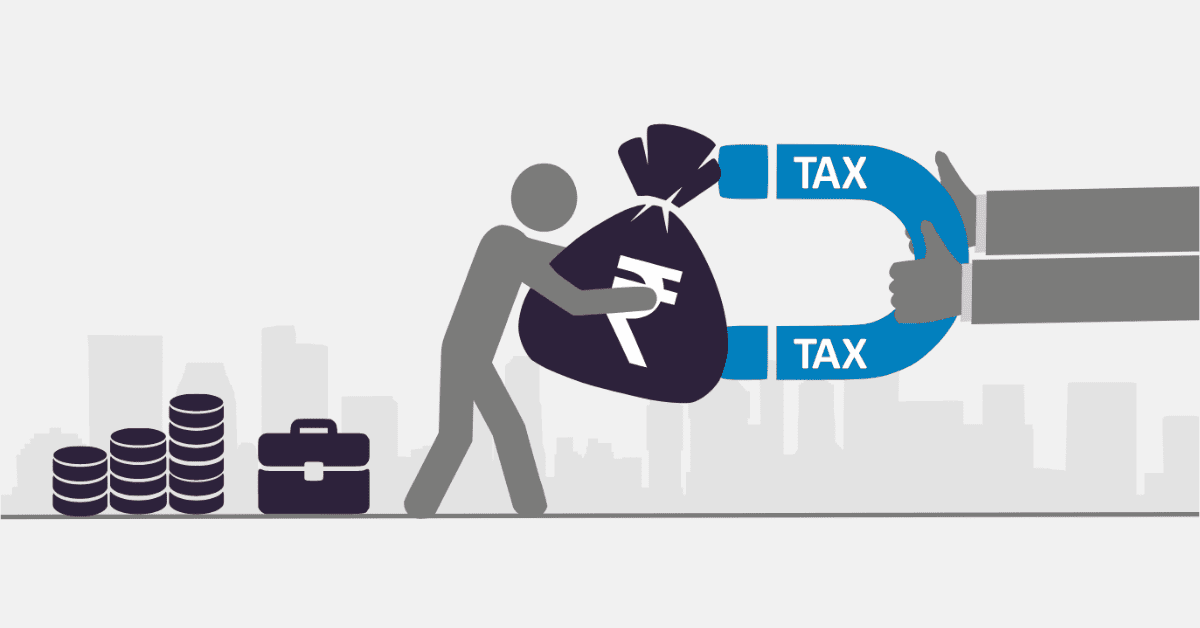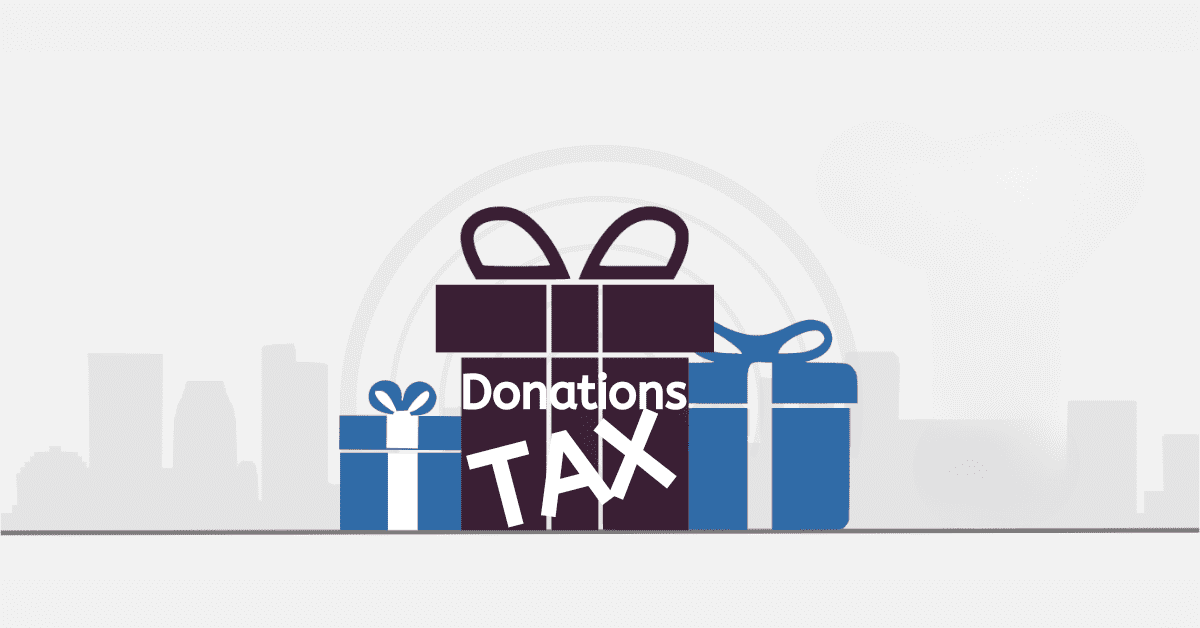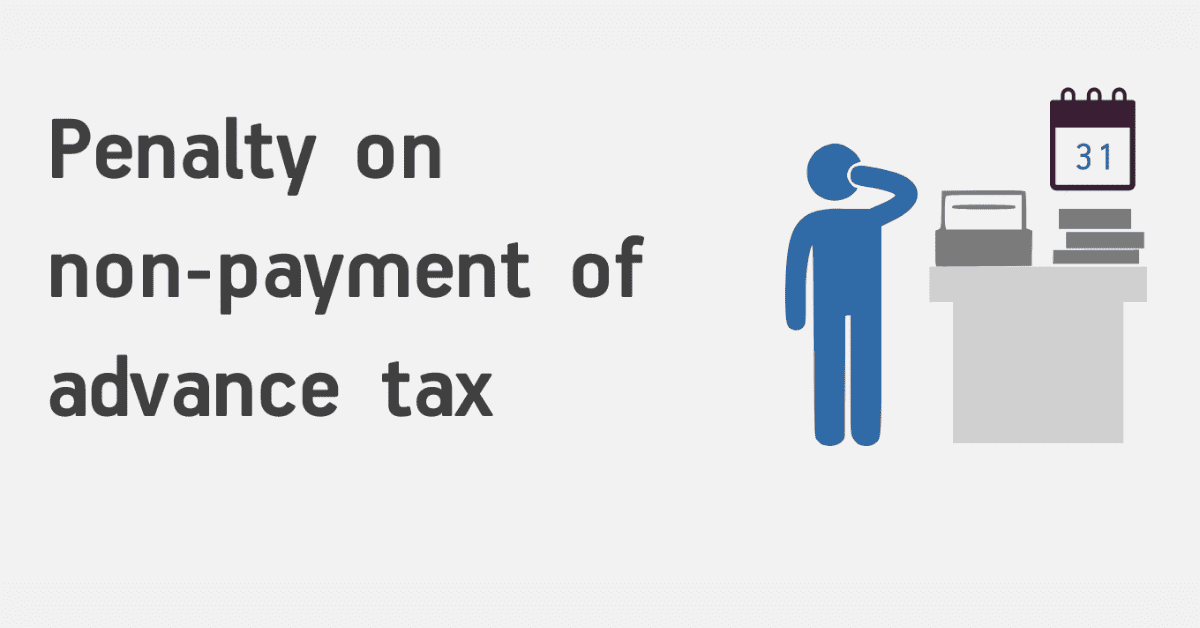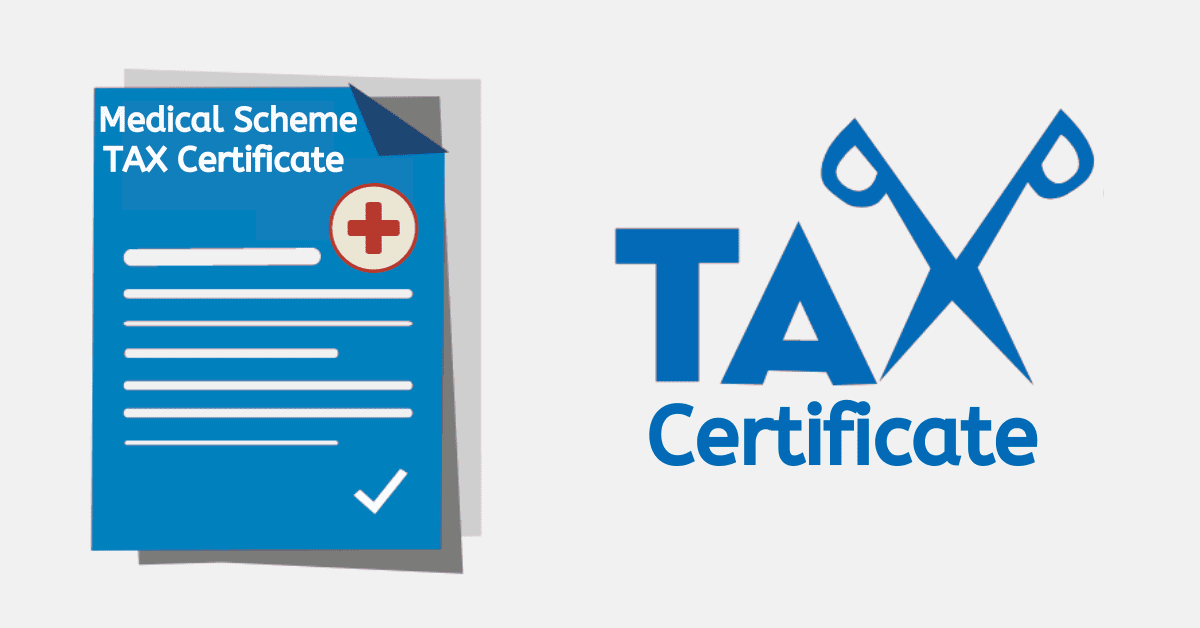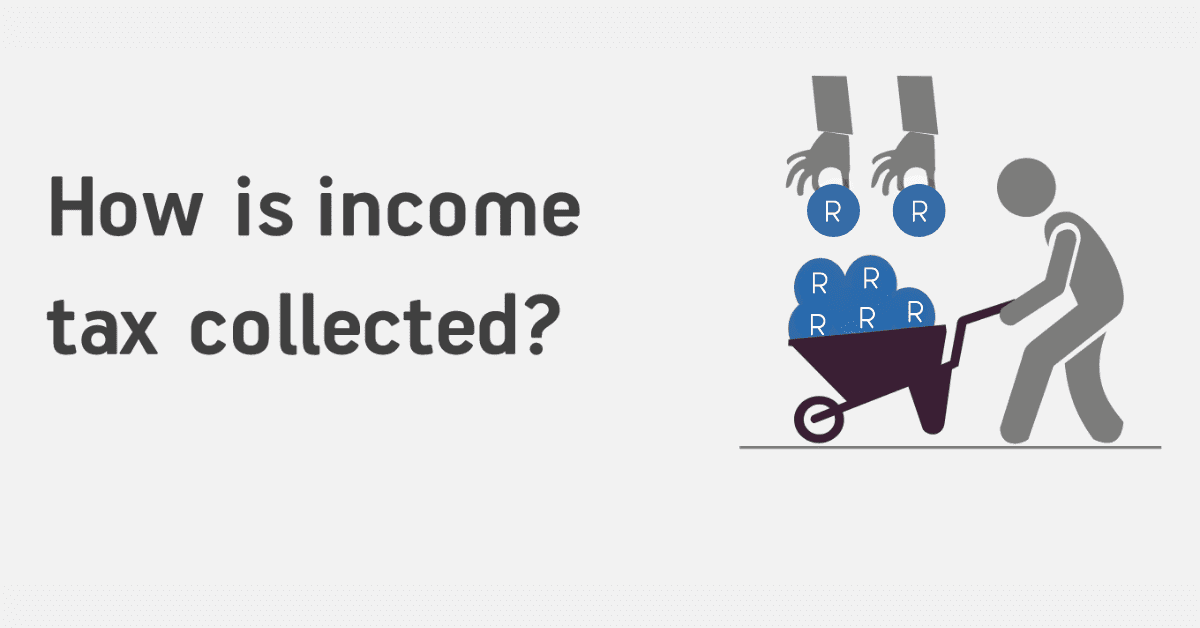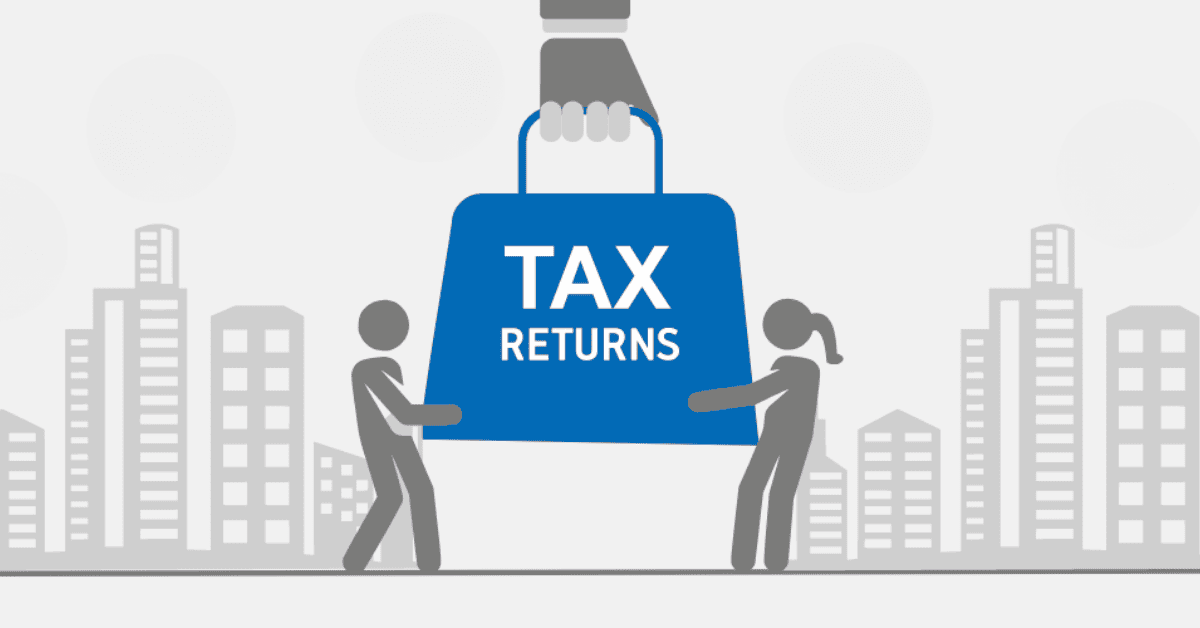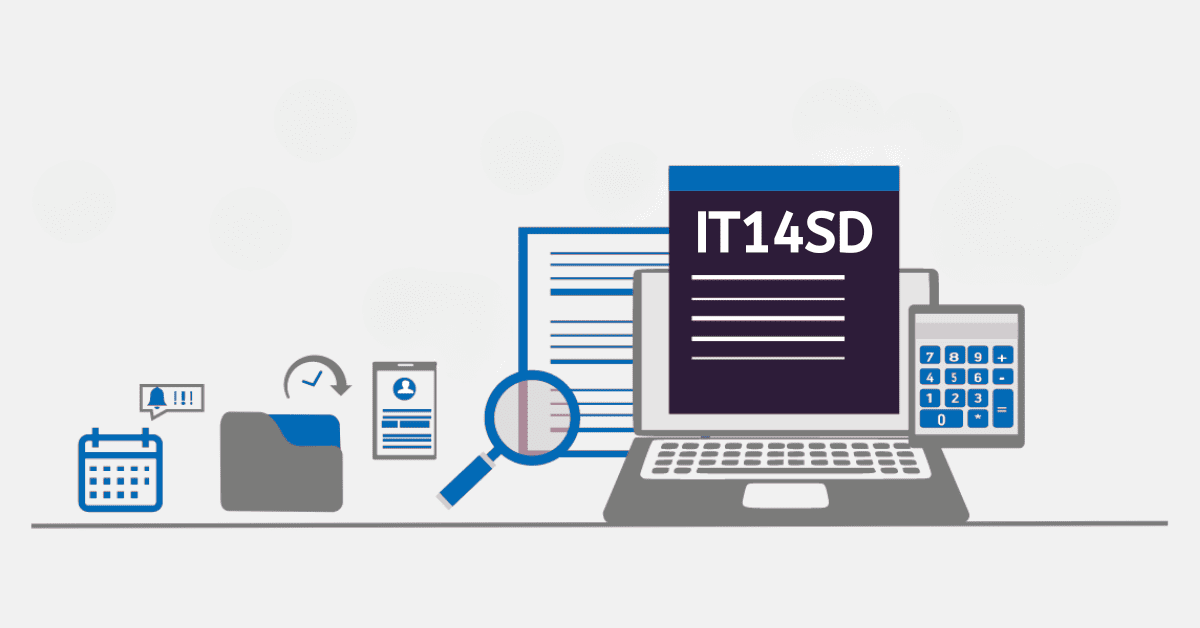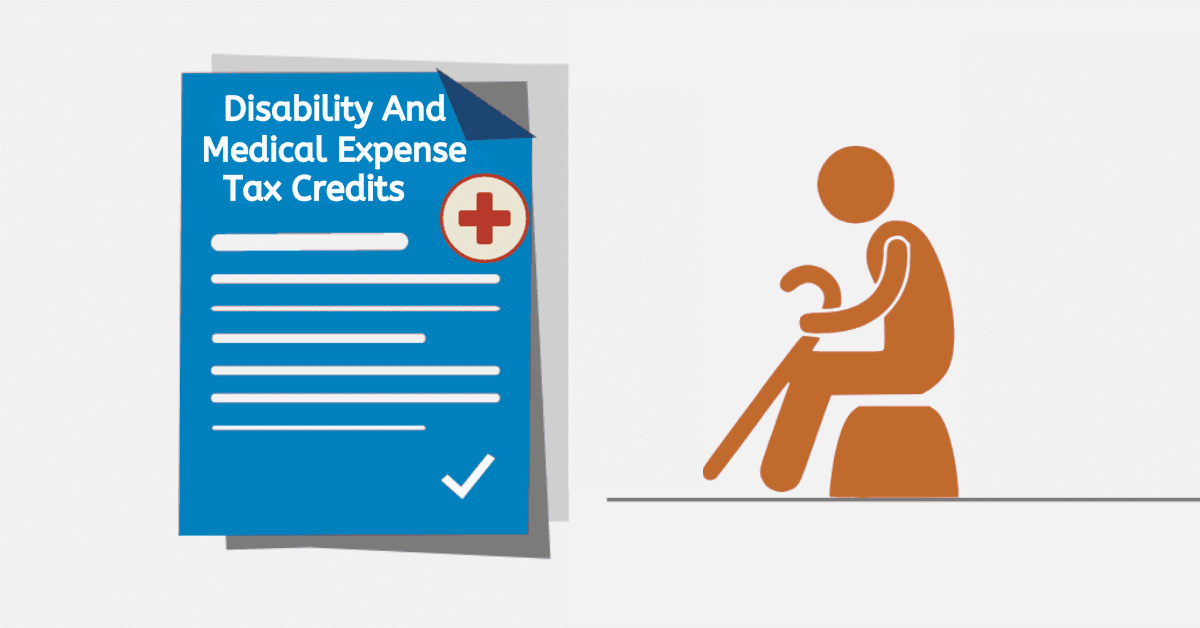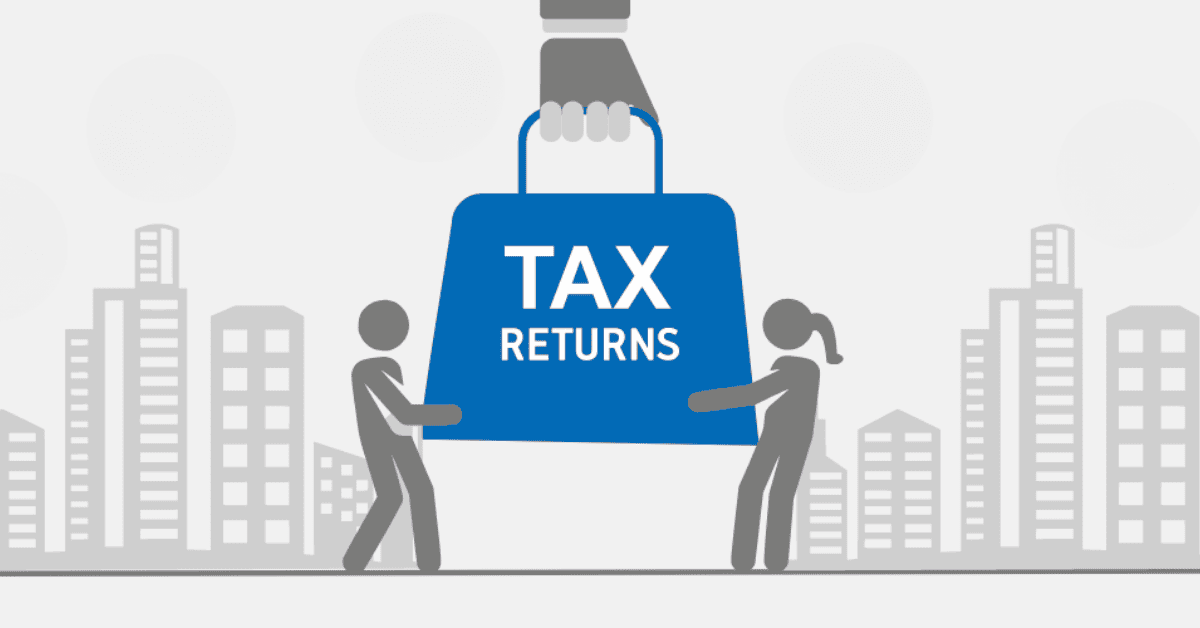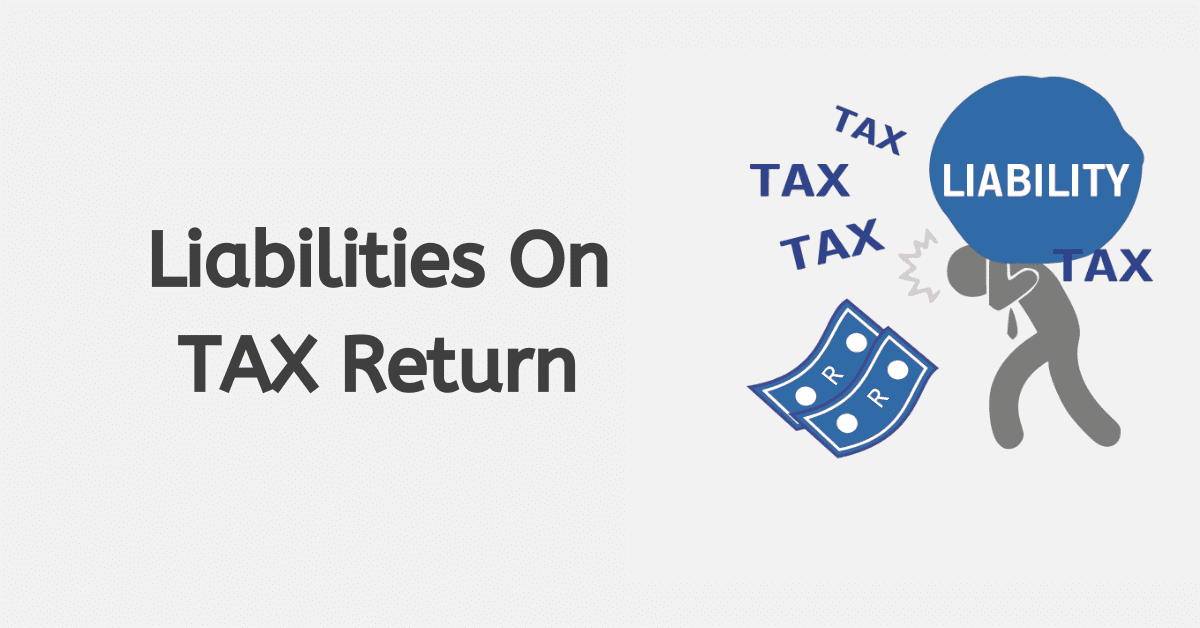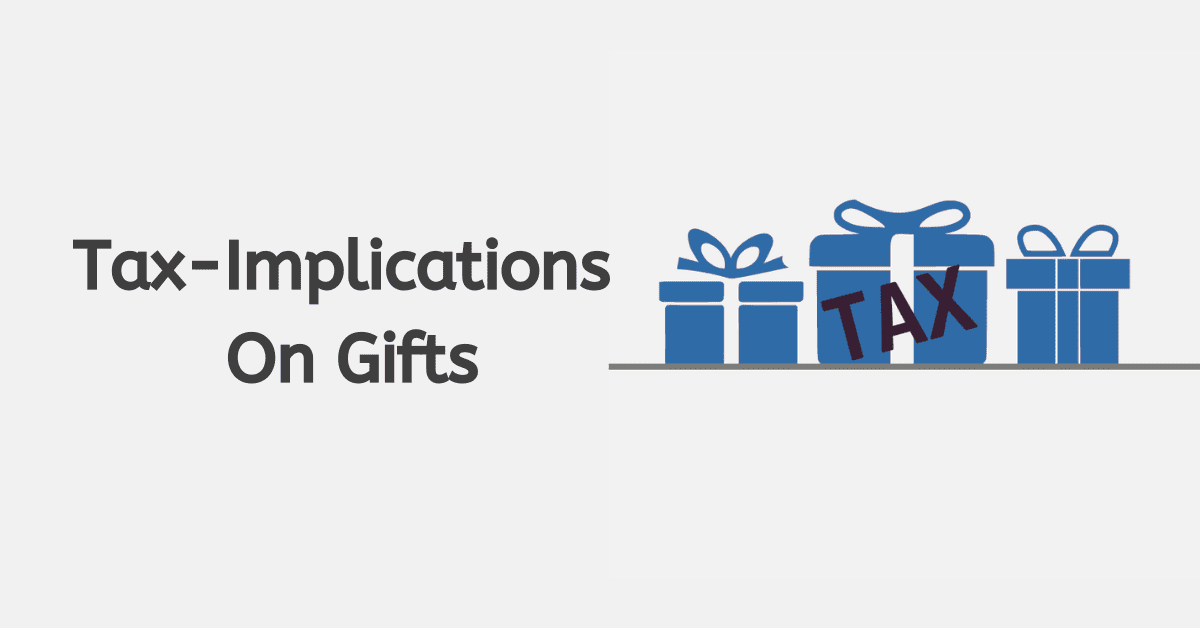In South African taxation, there’s a tax known as Capital Gains Tax (CGT). It’s like the tax sidekick that appears when you sell something valuable, like property or investments, and make a profit. But don’t fret; we’re here to illuminate the art of calculating CGT in this vibrant nation.
How to Calculate Capital Gains Tax In South Africa
Calculating CGT is not a riddle wrapped in mystery. Let’s cover the pivotal steps:
- Discover the Capital Gain Value: Determine the capital gain value. Simply put, it’s the gap between your selling price for an asset and what you initially forked out for it.
- Hunt for Exemptions: South Africa offers exemptions and deductions that can lower your capital gain. Look for opportunities like primary residence exclusion, annual exclusion, and different inclusion rates for individuals and companies.
- Calculate the Taxable Gain: You’ll have your taxable capital gain after applying for exemptions.
- Pin Down the Tax Rate: Different tax rates apply to individuals and companies for CGT. Depending on income, individuals’ rates vary from 0% to 18%. Companies face a flat rate of 22.4%.
- Crunch the Numbers: Now, multiply your taxable capital gain by the applicable tax rate to determine the tax you owe.
- File the Return: If your capital gain surpasses the annual exclusion threshold, you must file a CGT return with SARS (South African Revenue Service) and pay the tax.
How Much CGT Will You Pay in South Africa?
The CGT rate in South Africa isn’t set in stone; it depends on your circumstances. Individuals can pay anything from 0% to 18%, while companies face a fixed rate of 22.4%. Your income or entity type determines which rate applies to you.
What are the Strategies to Trim CGT in South Africa
Many folks in South Africa want to trim their Capital Gains Tax (CGT) bill, and they can! There are smart strategies you can use to lessen your CGT liability:
- Primary Residence Exclusion: Your primary residence can be your secret weapon. When you sell it, CGT often takes a backseat. But remember, it should genuinely be your primary home, not a secondary property.
- Annual Exclusion: South Africa provides an annual exclusion that lets you pare down your taxable gain. This annual slice of your capital gain can be exempt from taxation, lightening your CGT load.
- Tax-Free Investments: Investing in tax-free savings accounts or assets is another ace. South Africa offers these gems, allowing you to earn investment returns without worrying about CGT. Just be mindful of the annual contribution limits.
- Offset Losses: If you’ve had losses from one investment or asset, you can offset them against gains from another. Those losses can be subtracted from your total capital gains, reducing your overall CGT bill.
Understanding the ins and outs of CGT and seeking advice from a tax expert when using these strategies is crucial. Tax laws can be like a puzzle, and they change occasionally. Staying informed and making informed financial choices is your best bet.
What assets are free from capital gains tax?
Some assets are CGT-free in South Africa, while others aren’t as lucky. Knowing the difference is key to smart financial planning. Here’s a quick rundown of assets that usually escape CGT:
- Primary Residence: When selling your primary home, CGT often naps. But be sure it’s truly your primary residence, not a vacation spot.
- Personal-Use Assets: Personal stuff like your car, boat, or furniture can fly under the CGT radar, provided their market value doesn’t exceed a certain limit. These exemptions give you a breather for your personal belongings.
- Retirement Benefits: Retirement annuities and benefits from pension and provident funds often steer clear of CGT. It’s an incentive to save for your golden years.
Remember, CGT rules can be like a maze, and there might be additional exemptions and conditions for specific assets.
How do I determine capital gains tax rates on a property sale?
The calculation of CGT on property sales involves determining the capital gain, applying relevant exemptions, and calculating the tax based on your income or entity type.
What assets attract capital gains tax?
In South Africa, various assets can attract Capital Gains Tax (CGT) when sold or disposed of. These assets include:
- Real Estate: This comprises houses, land, and commercial buildings. You may be liable for CGT when you sell real estate, although there are exemptions for primary residences under certain conditions.
- Investments: This category includes assets like shares, stocks, and bonds. Profits made from selling these investments are subject to CGT. However, allowance and exemption assets exist based on investment type, business duration, etc.
- Valuable Possessions: Certain valuable personal items can also come under the CGT umbrella if you decide to sell them at a profit. This includes possessions like jewelry and collectibles.
Conclusion
Mastering the art of calculating CGT in South Africa is essential to meet your tax responsibilities. It boils down to finding your capital gain, applying for exemptions, and calculating the tax based on your income or entity type. To navigate this tax terrain wisely, consider seeking guidance from a tax expert.
